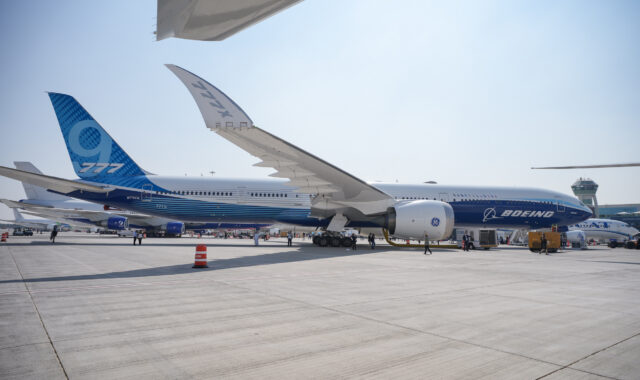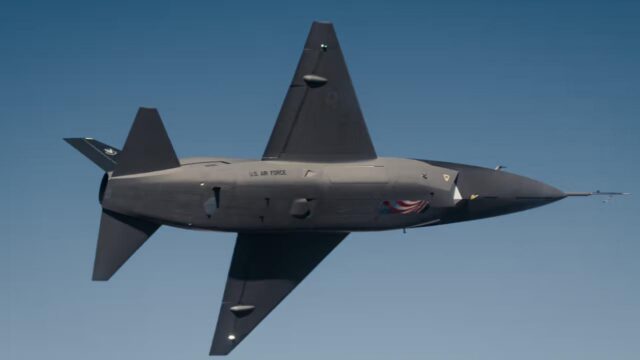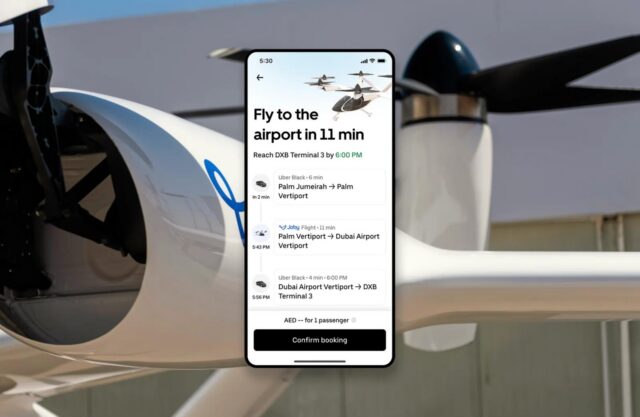P&W and Collins Aerospace launch new hybrid-electric technology demonstrator programme
Pratt & Whitney and Collins Aerospace have…
Caption: The STEP-Tech demonstrator platform addresses a variety of potential applications including advanced air mobility vehicles, high-speed eVTOL, and blended wing body aircraft.
Pratt & Whitney and Collins Aerospace have announced the launch of a new hybrid-electric technology demonstrator programme that will be used to develop future advanced air mobility vehicles.
The Scalable Turboelectric Powertrain Technology (STEP-Tech) demonstrator extends Pratt & Whitney and Collins Aerospace’s longstanding collaboration on hybrid-electric technology development, which is a core element of both companies’ strategies for powering sustainable aviation and enabling customers to achieve the goal of net zero CO2 emissions by 2050.
High voltage distributed turboelectric hybrid-electric propulsion
The STEP-Tech demonstrator will be based at the Raytheon Technologies Research Center in Connecticut, and will focus on developing high voltage distributed turboelectric hybrid-electric propulsion concepts in the 100-500kW class, with potential to scale to 1MW and beyond.
The modular and scalable nature of the STEP-Tech demonstrator platform enables a wide range of configurations to be rapidly prototyped and demonstrated, the companies said.
Testing in 2022
Having completed proof of concept studies earlier this year, ground testing with the platform is likely to commence later this year.
“Innovation has always been at the heart of Pratt & Whitney, and we are delighted to expand our work on hybrid-electric technology by leveraging our close collaboration with Collins,” said Geoff Hunt, senior vice president, engineering and technology, Pratt & Whitney.
‘Unlocking even greater efficiency’
“Hybrid-electric offers the potential to not only unlock even greater efficiency in future aircraft, but also support the emergence of a whole new arena of advanced air mobility solutions. Ultimately our continual pursuit of advanced propulsion technologies will help enable aviation’s pathway to net zero CO2 emissions by 2050.”
Henry Brooks, president, Power & Controls for Collins Aerospace, said: “With Pratt & Whitney’s track record in aircraft propulsion and Collins’ legacy of innovation in electric power systems, we are exceptionally well-positioned to lead the advancement of hybrid-electric technology for the next generation of sustainable aircraft. Our demonstrator programs will help mature technologies and components that can be adapted to a range of different applications, from smaller eVTOLs, to regional turboprops, to single-aisle airliners.”
Existing P&W-Collins collaborations on hybrid-electric technology include the regional aircraft flight demonstrator, based on a De Havilland Canada Dash 8-100 turboprop.
Subscribe to the FINN weekly newsletter
















